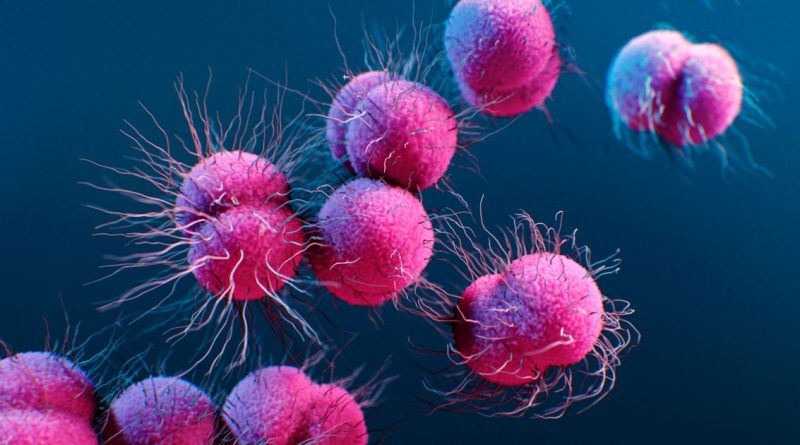Mutated STI that protects from dementia ‘might have allowed us to live longer’
A mutated sexually transmitted disease gene that protects older people from dementia might have allowed humankind to become grandparents, according to a groundbreaking new study.
Researchers say the gonorrhea infection may not only have protected people against Alzheimer’s, but it unintentionally allowed humans to live long enough to become grandparents, in findings published in the journal Molecular Biology and Evolution.
Most animals die shortly after they stop being able to have babies and humans are one of the only species known to live well past the menopause.
READ MORE: NASA tracking two huge asteroids set to speed into Earth's orbit in space of 24 hours
One theory, called the ‘’grandmother hypothesis’’ says this is because older women play an important role helping mothers to bring up children, who need more care than the young ones of other animals.
Researchers have previously compared human and chimpanzee genomes have found people have a unique version of the gene for CD33, a receptor in immune cells.
The standard CD33 receptor binds to a type of sugar called sialic acid, which coats all human cells.
When immune cells sense the sialic acid via CD33 they recognise the other cell and do not attack it, stopping an autoimmune response.
The CD33 receptor exists in brain cells called microglia, which stop brain inflammation.
Microglia also clear away damaged brain cells and plaques associated with the devastating Alzheimer’s disease.
To stay up to date with all the latest news, make sure you sign up to one of our newsletters here.
Higher levels of this mutated gene were found to protect people against late onset Alzheimer’s.
The US researchers knew something was driving this gene to evolve into a new variant but they did not know what.
The gene was not present in Neanderthals or Denisovans, humans’ earliest relatives.
What does an upside-down pineapple mean? TikTok exposes secret sex code for swingers
Dr Ajit Varki from the University of California San Diego, a lead author of the study, said: “For most genes that are different in humans and chimps, Neanderthals usually have the same version as the humans, so this was really surprising to us.
“These findings suggest the wisdom and care of healthy grandparents may have been an important evolutionary advantage that we had over other ancient hominin species.”
They said one possibility may have been that gonorrhoea may have impacted human evolution.
READ MORE:
- NASA baffled after Perseverance rover finds 'spaghetti-like' objects on Mars
- Bloody-thirsty supercannibals see red and feast on own family as 'hangry' hormones spike
- Alien hunters closer to proof of their existence with the James Webb Space Telescope
- Heart attack meds using venom from one of world's most deadly spiders get human trials
- Scientists 'don't know' how gene experiment created army of angry hamsters
Source: Read Full Article








